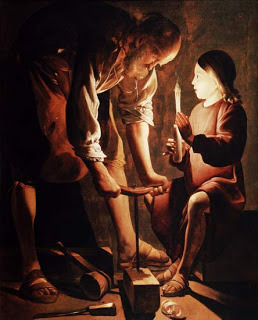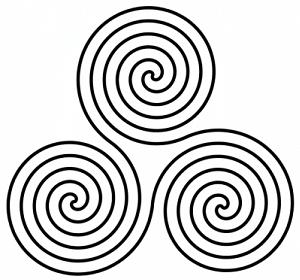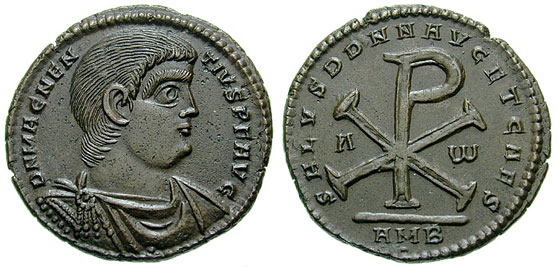…where there is neither Greek nor Jew, circumcised nor uncircumcised, barbarian, Scythian, slave nor free,
but Christ is all and in all.
Colossians 3:11
What are the things that really matter in this life? Power? Great wealth? Fame? Social standing? Houses? Cars? Electronic gadgets? The truth is that none of these are worth diddily squat at the Great White Throne judgment. All the great men and women of human history would trade it all away in a heartbeat if they could just get their names written in the Lamb’s Book of Life.
True believers are the ones who really get it. Christ is all in all and nothing else really matters. The apostle Paul put it this way: “Yet indeed I also count all things loss for the excellence of the knowledge of Christ Jesus my Lord, for whom I have suffered the loss of all things, and count them as rubbish, that I may gain Christ” (Philippians 3:8).
To make this idea a little more contemporary, missionary martyr Jim Elliot once said, “He is no fool who gives what he cannot keep to gain what he cannot lose.” True; all very true, but most Christians don’t really live it.
Sadder yet, all that stuff clutters things up and separates believers from each other. Social status, nationality, cultural background, and educational levels divide Christians for whom Christ shed His blood. Divisions seem more justifiable when we can call them “doctrinal differences.” We become proud that we are right and those “weaker brothers” are wrong.
Paul says, “There is neither Jew nor Greek, there is neither slave nor free, there is neither male nor female; for you are all one in Christ Jesus” (Galatians 3:28). The Lord is trying to get through to His sleepy church in these last days, wanting them to focus on what’s important.
“And He put all things under His feet, and gave Him to be head over all things to the church, which is His body, the fullness of Him who fills all in all” (Ephesians 1:22, 23).
June 6









